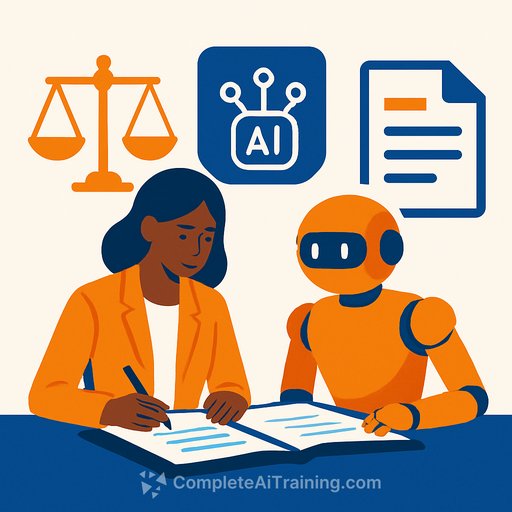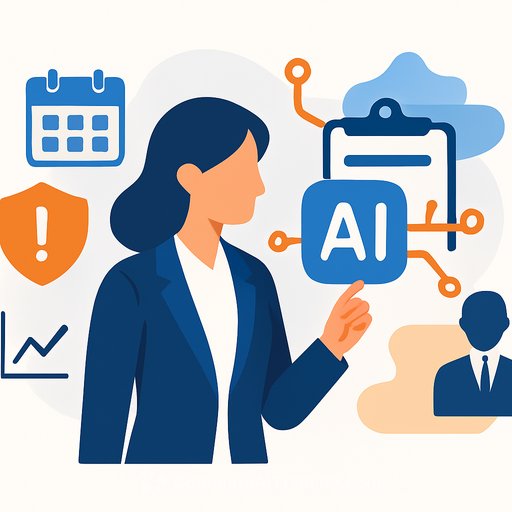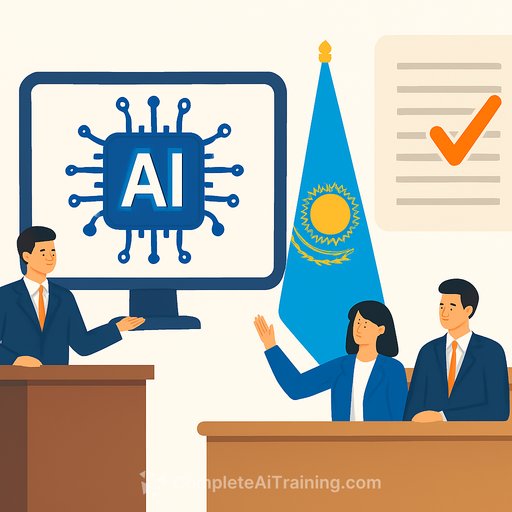Meet Eudia: The AI Startup Challenging the Billable Hour Model
Eudia, a Palo Alto-based AI company, is introducing a new concept: the world’s first AI-augmented law firm. Its mission is clear—end the billable hour, which CEO Omar Haroun criticizes as being out of control. “Most legal departments have lost control of their budgets and their knowledge,” Haroun said, explaining that Eudia Counsel, branded as the first AI-native law firm, helps companies regain control over their legal knowledge and spending.
Technically, Eudia isn’t a traditional law firm. Due to Arizona's unique Alternative Business Structure (ABS) regulations, which allow non-lawyers to own law firms, Eudia operates as a “provider of a law firm” rather than a typical legal practice. This innovative setup allows it to blend AI technology with legal services in ways previously unavailable.
Strong Client Base from the Start
Since its founding in 2023, Eudia has secured several Fortune 500 clients. Omar Haroun’s background in AI spans over a decade, including the successful sale of Text IQ to Relativity in 2021. Notable clients include DHL, Duracell, Cargill, Coherent, Graybar, and Intuit. DHL’s General Counsel, Mark Smolik, shared how AI helped organize scattered data across multiple continents, leading to significant cost savings.
Duracell’s General Counsel, Gary Hood, described using Eudia’s AI tools for contracts and due diligence during mergers and acquisitions as a “no-brainer.” These early adopters highlight how AI can streamline routine legal tasks, freeing up human lawyers for higher-value work.
Taking on the Billable Hour
At Eudia’s 2025 Augmented Intelligence Summit, Haroun made it clear that the firm’s goal is to disrupt traditional billing practices. Clients often complain that despite law firms claiming to use AI, their bills keep rising. Industry surveys confirm that while alternative billing models are increasing, the billable hour remains dominant.
Haroun emphasized that litigation still requires human oversight, but AI is ideal for contract review and due diligence. This combination promises more predictable budgeting and efficient legal service delivery, addressing frustrations many legal departments face today.
AI for Good: Expanding Access to Justice
Eudia is also growing its AI for Good initiative, focusing on removing barriers to legal services for underserved communities, especially in Arizona. This effort supports affordable legal solutions for individuals and small businesses, promoting economic mobility and entrepreneurship.
With a $105 million Series A funding round led by General Catalyst and others, Eudia is poised to expand its operations. The company’s leadership includes former top corporate lawyers advising on this new AI-native law firm model, aiming to reshape budgeting and execution in enterprise legal.
Redefining Legal Labor
Contrary to fears of AI replacing jobs, Haroun stresses that Eudia’s success depends on blending AI tools with human expertise. In July, Eudia acquired Johnson Hana, a European legal services firm, adding over 300 lawyers to its team. This move supports a hybrid model combining technology and human legal labor.
Eudia’s CTO, Ashish Agrawal, with 30 years of AI experience at IBM, Apple, and Google, describes AI tools as new employees that require patience and proper integration. He warns that AI outputs without citations or transparency are problematic. The human element remains essential to ensure accurate, reliable legal outcomes.
What This Means for Legal Professionals
- Budget Control: AI-augmented firms like Eudia offer more predictable and transparent billing alternatives.
- Efficiency Gains: Routine tasks such as contract review and due diligence become faster and more cost-effective with AI support.
- Access to Justice: Initiatives focused on affordable legal services can open new opportunities, especially for underserved clients.
- Human-AI Collaboration: Legal professionals should view AI as a tool that enhances their work rather than replaces it.
Legal departments interested in integrating AI into their workflow may benefit from exploring AI-focused training and resources. For those looking to build relevant skills, platforms like Complete AI Training offer courses tailored to legal professionals.
Eudia’s approach signals a shift in how legal services can be delivered—combining AI technology with experienced legal minds to bring more control, clarity, and fairness to legal budgets and processes.
Your membership also unlocks:





